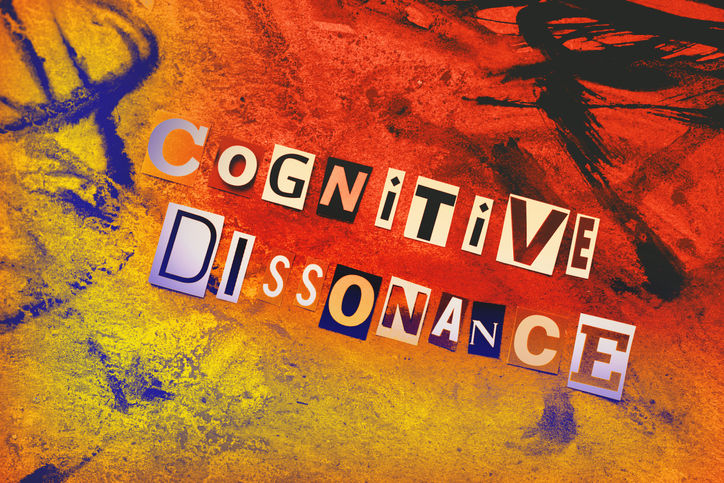The Science of Behaviour Change – Why Health Coaching Works
- Richard Johnson

- Aug 11
- 3 min read

Why Knowledge Alone Isn’t Enough
Most people know that eating better, exercising regularly, sleeping well, and managing stress are important for good health.
Yet, research consistently shows that knowledge alone rarely leads to lasting change.
We see this everywhere. People join gyms in January but stop by March.
New diets are abandoned within weeks. Stress management intentions fade when work gets busy. This is where health coaching excels: it bridges the gap between knowing and doing.
The Psychology Behind Health Coaching
Effective health coaching draws on well-established principles from psychology and behaviour science.
1. Behaviour Change Theory
Health coaches use models like:
Transtheoretical Model (Stages of Change) – recognising that people move through stages: pre-contemplation, contemplation, preparation, action, and maintenance.
COM-B Model – behaviour change depends on Capability, Opportunity, and Motivation.
A coach identifies where a client is in their journey and tailors support accordingly.
2. Motivational Interviewing
A cornerstone technique in health coaching, motivational interviewing helps clients:
Explore their own reasons for change.
Resolve ambivalence.
Strengthen commitment to their goals.
It’s about guiding, not telling — which makes change more sustainable.
3. Positive Psychology
Rather than focusing only on what’s wrong, health coaches:
Identify strengths.
Celebrate progress.
Use positive reinforcement to build confidence.
This approach helps clients believe in their ability to change.
4. Habit Formation Science
Neuroscience tells us that habits form through repetition and reward. Coaches help clients start small and consistently. Link new habits to existing routines (“habit stacking”). Use reward systems to reinforce behaviour until it becomes automatic.
The Lifestyle Medicine Connection
Health coaching is also informed by lifestyle medicine, which focuses on six pillars:
Nutrition
Physical activity
Sleep
Stress management
Healthy relationships
Avoidance of risky substances
By addressing all of these, coaches create a holistic plan that supports mind and body together.
Evidence That Health Coaching Works
Numerous studies support the effectiveness of health coaching:
Diabetes Management: Research shows that health coaching interventions can lead to a reduction in HbA1c of approximately 0.7–1.1% over six months—depending on method, setting, and participant engagement.
These aren’t just numbers — they represent real improvements in people’s lives.
Why Health Coaching Achieves What Others Can’t
Unlike short-term interventions, health coaching:
Keeps people accountable long enough for habits to stick.
Adapts plans as life circumstances change.
Builds self-efficacy, so clients feel in control of their health.
The Role of UKIHCA in Evidence-Based Practice
In the UK, the UK & International Health Coaching Association (UKIHCA) ensures that coaches work to the highest professional and ethical standards.
Training from a UKIHCA-approved provider means you’re learning evidence-based methods, not untested fads.
Train in Evidence-Based Coaching with Active Health Group
If you want to learn the proven science of behaviour change — and how to apply it effectively with clients — you need a training provider that:
Covers behaviour change theory in depth.
Teaches practical coaching skills you can use immediately.
Is UKIHCA-approved for professional recognition.
For over 25 years, Active Health Group (AHG) has delivered comprehensive, evidence-based health coach training.
Our graduates work in the NHS, corporate wellness, private practice, and community health, making measurable differences in people’s lives every day.
Ready to learn the science of lasting change?
.png)




Comments